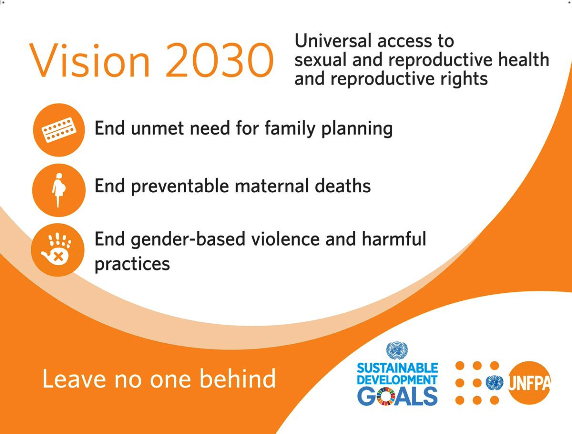Tag: Collaborative. Engaging. Rigorous. Fascinating. Demanding. Utterly fulfilling. – The SPD process is underway, and we are excited!
Collaborative. Engaging. Rigorous. Fulfilling. Worthwhile. Such is the process of developing the programme document for UNFPA’s Sub-Regional Office for the Caribbean (SROC) – UNFPA’s blueprint for engagement with Caribbean governments over the course of the next five years. The process is underway and it is exciting!
UNFPA’s sub-regional programme document (SPD, for short) outlines UNFPA’s contribution to the national priorities of countries in the region over a five-year period. While
we continue to implement the 2017-2021 programme, we are preparing and looking forward to ushering in a new SPD, one that builds on the work done and the results achieved during previous years, and ambitiously endeavours to do more.
As the UN’s sexual and reproductive health and rights (SRHR) agency, UNFPA’s work is grounded in advocating for access to sexual and reproductive health services for all,
recognising the inextricable link between reproductive health and a country’s sustainable development. Critical to these goals is ending preventable maternal death, ending the unmet need for family planning and ending gender-based violence and harmful practices. UNFPA remains a committed government ally and partner in pursuit of these three transformative results.
To that end, UNFPA’s SROC has had an independent evaluation of our present programme conducted, to inform our approach going forward. We have also been meeting with
stakeholders across the region – from government entities and implementing partners, to organisations of all types, whether civil society, non-governmental or grassroots. Our interest lies in learning about national experiences and challenges, gaps and shortfalls, in order to better orient our programme towards supporting the realisation of national sexual and reproductive health and development priorities. It is a process with many moving parts, but it is the best approach and definitely worth it.
It is as a result of this informed process that we will seek to orient our programme towards laws and policies, sexual and reproductive health and gender-based violence (GBV) services; gender and social norms and an appreciation for data. We will also continue to invest in projects that are designed to confront and reduce adolescent pregnancy in the Caribbean, as well as support making strides in the following areas:
- Integration of sexual and reproductive health and rights into laws and universal health coverage related policies and plans;
- The provision of high-quality, comprehensive sexual and reproductive health information and services, and essential services to address gender-based violence;
- Strengthening mechanisms and capacities to address discriminatory gender and social norms that undermine the ability of individuals to exercise their sexual and reproductive rights, and perpetuate gender-based violence;
- Empowering young people, and adolescent girls in particular, to make informed choices about their sexual and reproductive health and rights, leadership and participation.
- Strengthening national data systems to account for population changes in policies and programmes and to drive inclusive and human rights-based sustainable development, resilience building and humanitarian action.
Is it an ambitious undertaking? Absolutely! But we are up to the task! The first iteration of the new SPD is undergoing further development and refinement after having been presented to the UNFPA’s Regional Peer Review Committee. The SPD will be endorsed by governments and will traverse other quality assurance mechanisms, including the UNFPA Executive Board, before being approved.


